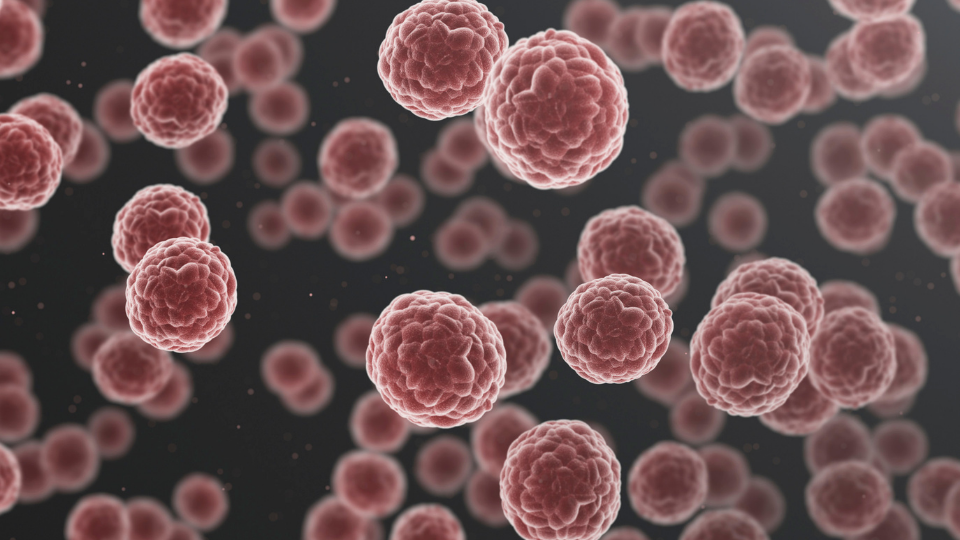Noninvasive testing technology for cancer diagnosis and monitoring has advanced to include liquid biopsy for early detection. Using nothing more than a blood sample, scientists can locate DNA belonging to the tumor, referred to as circulating tumor DNA (ctDNA), and analyze it to diagnose the type of cancer present as well as identify specific characteristics of the tumor.
Benefits of Liquid Biopsy
Sometimes a solid tumor biopsy cannot be surgically removed. This may be due its location or because the patient’s health will not permit them to undergo an invasive procedure. Additionally, because the amount of the biopsy obtained may not be sufficient for testing, doctors can gain the necessary information regarding the tumor without the need to perform a surgical procedure using a liquid biopsy. The procedure, a blood draw, is much quicker than an operation and provides information that is exceptionally consistent with information acquired from a tissue biopsy.
The noninvasive nature of this test allows doctors to extract information on a regular basis regarding the behavior of the tumor, a practice that can be risky for patients if conducted through repeated solid tissue biopsy procedures. The ability to collect information regarding a tumor regularly can significantly influence treatment decisions for cancer patients. Additionally, liquid biopsy provides information that allows physicians to tailor a treatment plan to your specific diagnosis.
Tumor Behavior Evolves Over Time
Tumors can change their behavior, including how they respond to therapies, throughout the treatment period. Some cancers can even become resistant to treatments over time. Liquid biopsy can detect gene mutations that can cause cancer to stop responding to current treatments. When physicians detect behavioral changes in the tumor, they can act towards making the necessary changes to your treatment plan that can lead to an improved response.
The degree to which a tumor responds to treatment can also be monitored early in the treatment. If the tumor is not responding, your cancer care team can reevaluate your current treatment plan and discuss options for changes in your treatment plan. When lack of response to treatment is detected early on, your cancer care team can discuss alternate treatment options and monitor regularly with liquid biopsies.
Liquid Biopsy May Indicate Your Risk of Cancer Recurrence
For some types of cancer, liquid biopsy has been proven to diagnose recurrence as much as one year before traditional screening methods. Your doctor can use this information to outline the best post-treatment plan for your diagnosis. It is important to follow a strict schedule of regular physical examinations in addition to recommended cancer screenings to detect the recurrence of cancer as early as possible.
Still Have Questions About Liquid Biopsy?
If you have been diagnosed with cancer and have questions about liquid biopsy, talk to your cancer care team. Your doctor will be able to explain how this test works as well as if it may provide information that can positively impact decisions regarding your treatment plan.
Sources:
https://www.ncbi.nlm.nih.gov/pmc/articles/PMC4356857/
https://www.cancer.gov/publications/dictionaries/cancer-terms?cdrid=779095
https://meetinglibrary.asco.org/record/127581/abstract
https://www.ncbi.nlm.nih.gov/pmc/articles/PMC4190567/
https://www.sciencedaily.com/releases/2007/02/070218194439.htm
https://www.cancer.gov/about-cancer/coping/survivorship/follow-up-care/follow-up-fact-sheet




